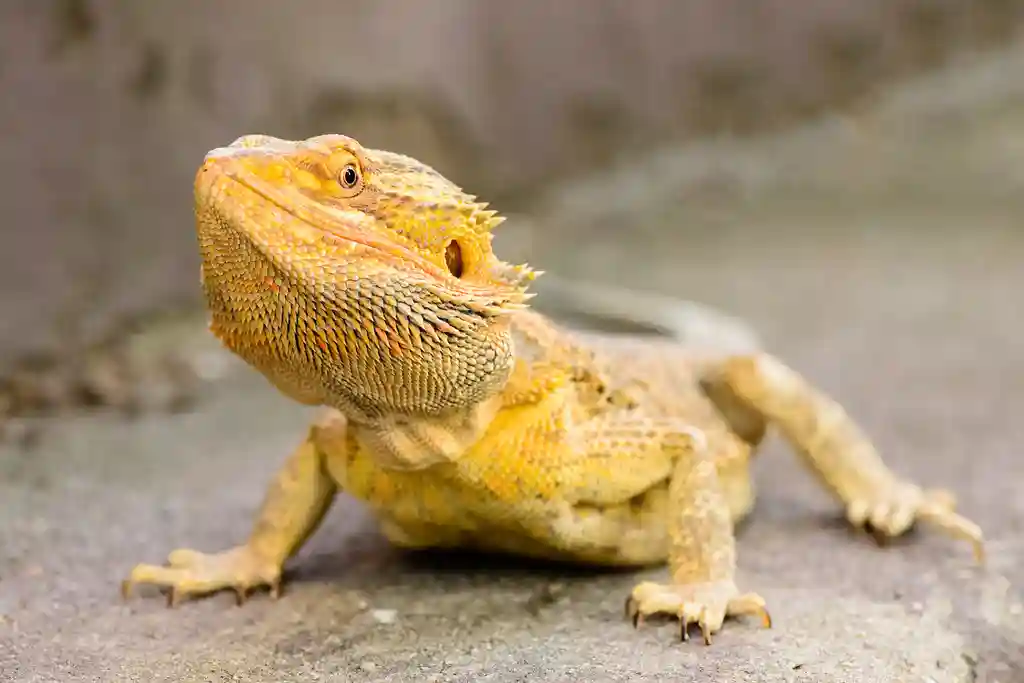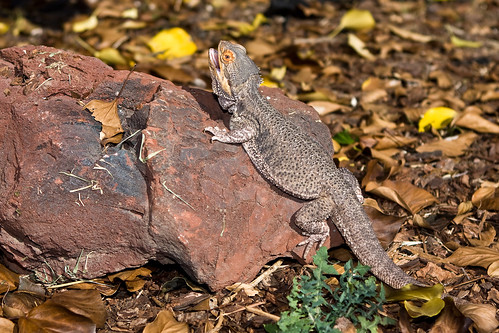The primary concern with mealworms as a food source for bearded dragons is their high chitin content. Chitin is a fibrous substance that forms the exoskeleton of insects and is difficult for bearded dragons to digest.
Some experts argue that the high chitin content in mealworms can lead to impaction in bearded dragons, while others claim that mealworms can be a safe and nutritious part of a balanced diet when fed in moderation.
Understanding Impaction in Bearded Dragons
Impaction is a severe health issue that occurs when a bearded dragon’s digestive system becomes blocked, typically by ingesting indigestible materials or consuming food items that are difficult to break down. Common causes of impaction include:
- Ingesting substrate materials, such as sand or small rocks
- Consuming food items that are too large or difficult to digest
- Poor husbandry practices, such as incorrect temperatures or low humidity levels
When impaction occurs, bearded dragons may exhibit symptoms like lethargy, loss of appetite, and straining during defecation. If left untreated, impaction can lead to severe health complications and even death.
Research and Expert Opinions on Mealworms and Impaction
Several studies have examined the potential link between mealworms and impaction in bearded dragons. The majority of these studies have found no direct correlation between the consumption of mealworms and impaction.
Instead, they emphasize the importance of proper husbandry practices, a varied diet, and appropriate portion sizes to maintain the health of your bearded dragon.
Many herpetologists and reptile experts agree that mealworms can be fed to bearded dragons in moderation without causing impaction, as long as they are part of a balanced diet that includes a variety of other insects and vegetables.
Best Practices for Feeding Mealworms to Bearded Dragons
To minimize the risk of impaction when feeding mealworms to your bearded dragon, follow these best practices:
Offer mealworms in moderation: Make mealworms a treat rather than a staple food item. Bearded dragons should also consume a variety of other insects, such as crickets, dubia roaches, and black soldier fly larvae.
Choose appropriately sized mealworms: Select mealworms that are no larger than the space between your bearded dragon’s eyes to prevent choking and impaction.
Provide a balanced diet: Ensure your bearded dragon’s diet includes a mix of vegetables, fruits, and insects to promote optimal nutrition and digestion.
Maintain proper husbandry: Keep your bearded dragon’s enclosure at the correct temperature and humidity levels to support healthy digestion. Basking temperatures should range from 95-110°F (35-43°C), while the cooler side of the enclosure should stay between 75-85°F (24-29°C). Proper humidity levels range from 30-40%.
Hydration is key: Provide fresh, clean water for your bearded dragon daily to support healthy digestion and prevent dehydration, which can contribute to impaction.
Monitor your bearded dragon’s health: Regularly observe your bearded dragon for any signs of impaction, such as lethargy, loss of appetite, or straining during defecation. If you suspect impaction, consult a qualified reptile veterinarian immediately.
Alternative Food Sources for Bearded Dragons
If you’re concerned about feeding mealworms to your bearded dragon or simply want to offer a wider variety of food sources, consider the following alternatives:
- Crickets: A popular staple for bearded dragons, crickets are high in protein and easy to digest.
- Dubia roaches: Nutritious and low in chitin, dubia roaches are a great alternative to mealworms.
- Black soldier fly larvae: Also known as Phoenix worms or calciworms, these larvae are high in calcium and protein, making them an excellent choice for bearded dragons.
- Superworms: Although similar in appearance to mealworms, superworms have a lower chitin content and are generally considered safer for bearded dragons.
- Hornworms: These soft-bodied larvae are easy to digest and a favorite treat for many bearded dragons.
Conclusion: Mealworms and Bearded Dragons
While the debate surrounding mealworms and impaction in bearded dragons continues, the majority of scientific research and expert opinions suggest that mealworms can be a safe and nutritious part of a balanced diet when fed in moderation. Proper husbandry practices, hydration, and a varied diet are essential to maintaining the health of your bearded dragon and minimizing the risk of impaction.
If you’re still unsure about feeding mealworms to your bearded dragon, consider alternative food sources such as crickets, dubia roaches, or black soldier fly larvae. Regardless of your choice, always monitor your bearded dragon’s health and consult a qualified reptile veterinarian if you suspect impaction or any other health issues.



